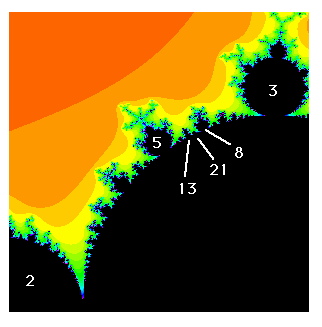We turned to education, where I gave a brief overview of my work, and my particular interest in Harré's 'Positioning Theory' and how it relates to teaching: the challenges of teaching, of the nature of knowledge, of knowledge's relationship to insight, and how these issues relate to the organisation of education. And, of course, the nature of language.
This led to a consideration of Harré's relationship to Critical Realism. The reification of social categories within Critical Realism is a concern. Possibly because of their adherence to 'objective rationality', they seem to be less aware than one would wish of the role of language in making distinctions. I mentioned my discomfort with the utopianism of critical realism. I think we agreed that CR was an awkward mix of an innovative realist philosophy with a rather old-fashioned radicalism. The extent to which it is very difficult to critique the Critical Realist position with Critical Realists was something I discussed with reference to the role of personal identity with processes of social construction of knowledge. We had discussed earlier the importance of insight into the personal dimension of knowledge. Harré mentioned that he places particular emphasis on the teaching of biography of key thinkers. This does seem to be something missing from Critical Realism.
Then we talked about music. I expressed how I thought music had a rhetorical nature, in that the musical 'acts' seem to serve to maintain a biological state of both the listener and often the performer. Schenker fascinates both of us, and the issue of the 'family resemblance' between a reduction of a piece and the original raises many questions which we didn't get an opportunity to explore. He's just co-authored a book on the psychology of music: this stuff seems timely! (http://www.amazon.co.uk/Psychology-Music-Siu-Lan-Tan/dp/product-description/1841698687) Sentences may work in a similar way to music, he remarked. I wonder if it's not so much sentences, but conversations which function in this way. The video is a way of exploring this.





